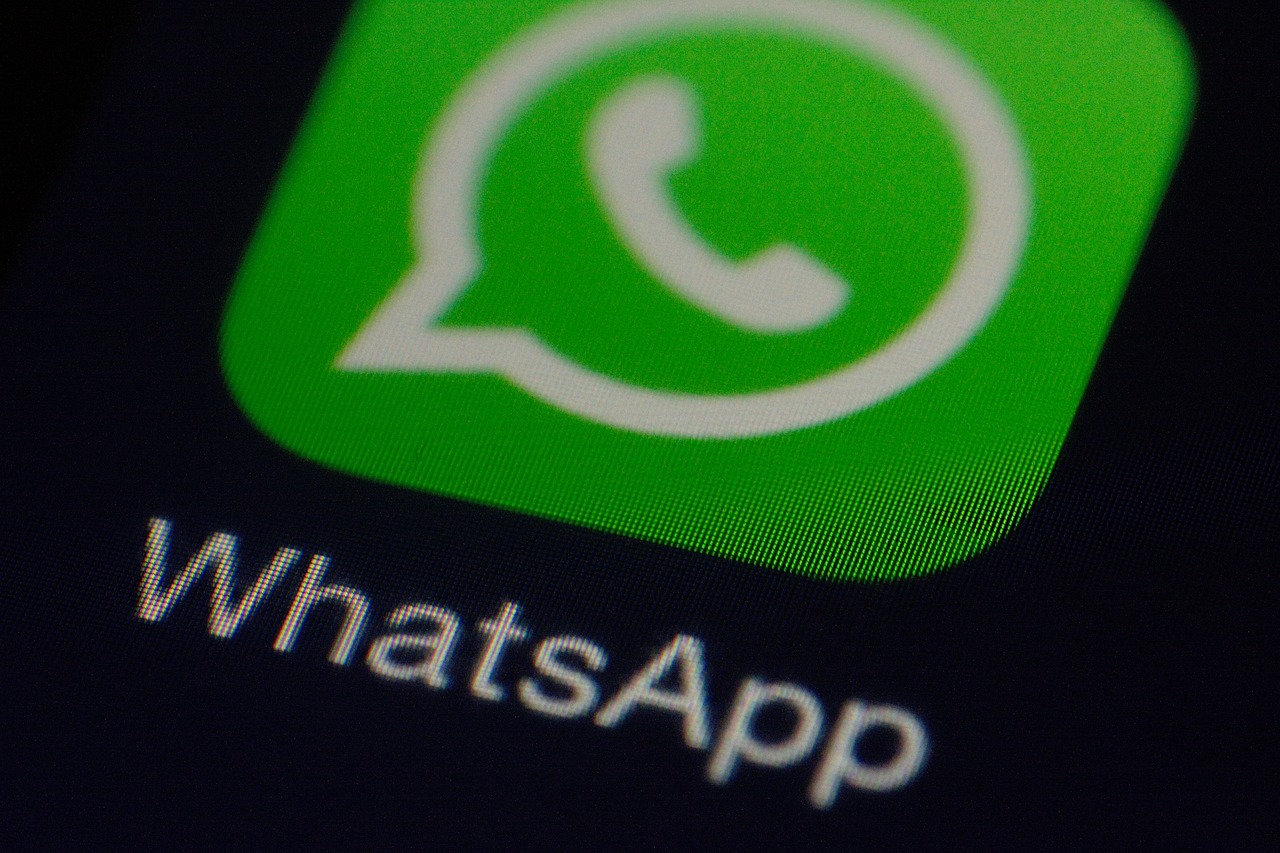In today’s digital age, concerns about online privacy and security are paramount, especially when it comes to communication platforms like WhatsApp. With over two billion users worldwide, WhatsApp is one of the most popular messaging apps, offering users the ability to send text messages, make voice and video calls, and share multimedia content. However, the question of whether WhatsApp chats are secure and private often arises.
WhatsApp, owned by Facebook, employs end-to-end encryption to ensure the privacy and security of user messages. End-to-end encryption means that only the sender and the recipient can read the messages, and even WhatsApp itself cannot access the content of the messages. This encryption protocol scrambles the messages in such a way that they can only be decrypted by the sender’s and recipient’s devices, using unique encryption keys.
While WhatsApp’s end-to-end encryption provides a significant level of security, there are still potential vulnerabilities that users should be aware of. One such vulnerability is the risk of malware or spyware infecting a user’s device. If malware gains access to a device, it can potentially intercept messages before they are encrypted or after they are decrypted, compromising the security of the communication.
Another concern is the possibility of unauthorized access to WhatsApp accounts. If someone gains access to a user’s device or WhatsApp account credentials, they could potentially view the user’s messages. To mitigate this risk, users should enable security features such as two-factor authentication and regularly update their device’s operating system and WhatsApp application to patch any known security vulnerabilities.
Additionally, users should exercise caution when sharing sensitive information via WhatsApp, just as they would with any other communication platform. While WhatsApp encrypts messages in transit, it does not prevent screenshots or screen recording, so users should be mindful of who they are communicating with and what information they are sharing.
It’s also essential to understand that while WhatsApp encrypts messages between users, metadata such as the time and date of messages, as well as the sender and recipient information, may still be accessible to WhatsApp and potentially law enforcement agencies under certain circumstances.
In summary, WhatsApp offers robust security measures, including end-to-end encryption, to protect user privacy. However, users should remain vigilant and take additional steps to secure their devices and accounts to minimize the risk of unauthorized access to their chats. By staying informed and proactive about security best practices, users can enjoy the convenience of WhatsApp while safeguarding their privacy online.
Are WhatsApp Calls Safe? Understanding Privacy and Security
In the era of digital communication, WhatsApp has become one of the most popular messaging platforms globally, offering not only text messaging but also voice and video calling features. However, with the convenience of these communication tools comes the concern for privacy and security. Are WhatsApp calls safe? Let’s delve into the intricacies of WhatsApp’s security measures to better understand the safety of its calling feature.
End-to-End Encryption:
One of the primary features that make WhatsApp calls secure is end-to-end encryption. This implies that the content of their communication is only accessible to the sender and the recipient. Even WhatsApp itself cannot decrypt the messages or calls exchanged between users. This encryption ensures that the content remains private and secure from third-party access, including hackers, governments, and even WhatsApp itself.
Encryption Protocol:
WhatsApp uses the Signal Protocol for end-to-end encryption, which is renowned for its robust security measures. This protocol ensures that each message and call is encrypted with a unique key, making it extremely difficult for unauthorized parties to intercept or decrypt the communication.
Secure Communication Channels:
WhatsApp calls are routed through secure communication channels, further enhancing their safety. These channels use Transport Layer Security (TLS) encryption to protect the data transmitted between devices and WhatsApp servers. This encryption prevents man-in-the-middle attacks, where a malicious actor intercepts and alters the communication between the sender and receiver.
Security Updates:
WhatsApp regularly releases updates to address security vulnerabilities and enhance the overall safety of its platform. Users are encouraged to keep their WhatsApp application up to date to benefit from the latest security patches and improvements.
User Authentication:
WhatsApp implements strong user authentication mechanisms to prevent unauthorized access to accounts. Users are required to verify their phone number through SMS or a phone call during the initial setup process. Additionally, WhatsApp offers two-step verification, allowing users to add an extra layer of security by requiring a PIN code to access their account.
Privacy Concerns:
While WhatsApp calls are encrypted and secure, users should be aware of potential privacy concerns associated with the platform. WhatsApp is owned by Facebook, raising questions about data collection and privacy practices. Although WhatsApp claims that it does not have access to the content of users’ messages and calls due to end-to-end encryption, it may collect metadata such as contact information, device identifiers, and usage patterns for targeted advertising and analytics purposes.
Conclusion:
In conclusion, WhatsApp calls are generally safe and secure due to robust end-to-end encryption, secure communication channels, and regular security updates. However, users should remain vigilant about their privacy and be aware of potential data collection practices by the platform. By understanding the security features and taking necessary precautions, users can enjoy the convenience of WhatsApp calls while protecting their privacy.
